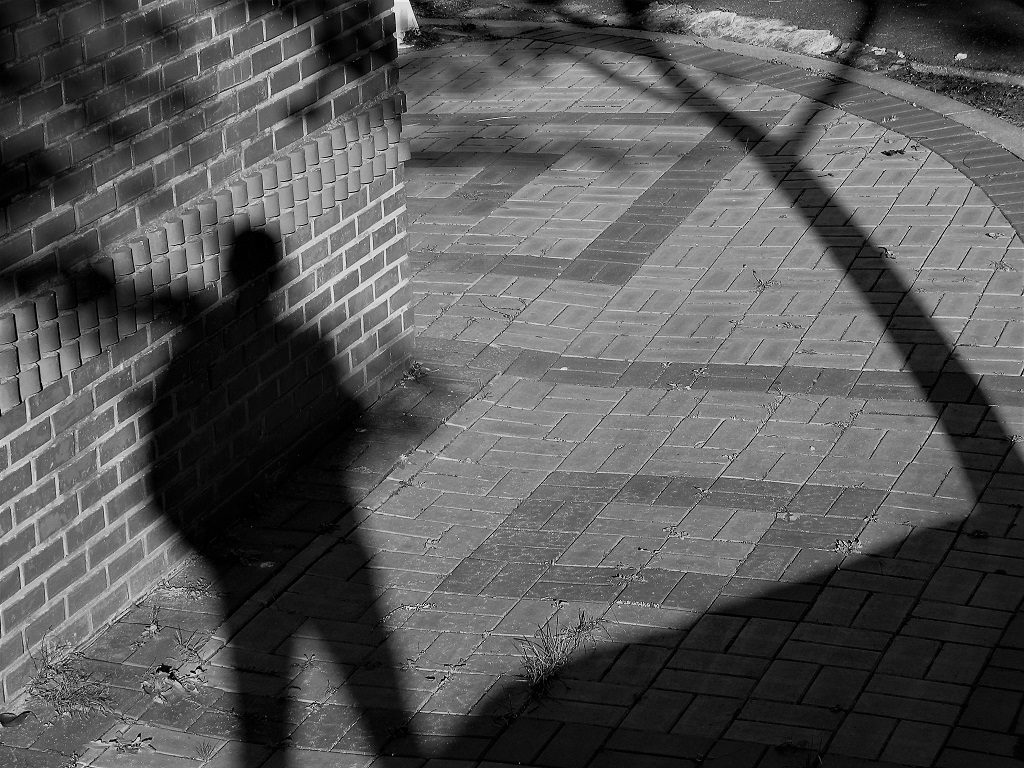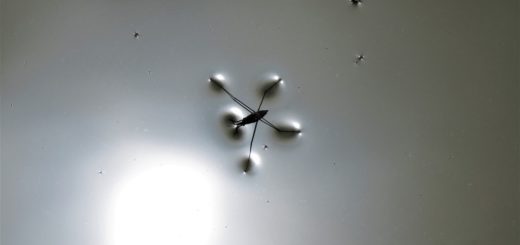The Pleasure Principle
Pleasure ameliorates pain. Pain is a condition of growth. Therefore, pleasure either interrupts or thwarts growth. The only possible exception to this conclusion would be a pleasure that was specific to the process or achievement of growth itself. This latter pleasure — the pleasure that accompanies or rewards growth as such — would thus be the only pleasure consistent with the life impulse.
Hence, the two great threats to spiritual development: (1) unproductive pleasure, and (2) intentional repetition of a salutary pleasure. The first falls simply under the syllogism of pleasure and pain outlined above. The second, a more insidious danger to finer souls, indicates the error of confusing the passing enticements of the good life with the essence of the good life.
Imagine the momentary delight of a marathoner on a hot day, as he turns a corner after a long uphill climb and suddenly sees a water station approaching. Now imagine that marathoner, upon eagerly slaking his thirst, losing himself in this thought: “I have never felt a pleasure sweeter than that which I just experienced, bringing that unexpected water bottle to my lips in this exhaustion and heat. If only I could return to the point beyond that corner, turn the corner again, and experience the titillation of that approaching water station, and then the satisfaction of the drink, once more, or many times over! What more could a man desire?”
And so he forgets the race and its imperative to keep moving, to keep his sinews loose and lithe, and to keep his mind focused beyond this moment, and immerses himself in a repeated effort to return beyond the corner — perhaps sometimes even descending halfway back down that uphill climb in order to approximate his original pain more realistically — and then turn that corner again and again, to relive the joy of the water station. On the first few attempts, he eagerly anticipates the renewal of that moment of excitement upon seeing the water bottle awaiting him. Eventually, however, he becomes increasingly frustrated, and then desperate, at his inability to revive the full exhilaration of that initial experience, though he cannot understand why he fails.
He fails, in part, because the difference between that first moment and all the subsequent repetitions is that only the first was entirely unanticipated. It was neither his goal nor his expectation. It simply happened, a surprising and essentially unsought reward for his (frequently painful) efforts — efforts which had not this pleasure, but some higher aspiration, as their purpose. Each subsequent time, by contrast, since the excitement of the unexpected opportunity is inherently absent, it is increasingly just the momentary satisfaction of drinking the water that he is seeking, and that he anticipates — that anticipation itself involving an act of repositioning the pleasure as an essential purpose, rather than an accidental reward. But this means he is not in fact seeking “the same pleasure” at all, but an entirely different one, though this new one is superficially occasioned by a similar practical situation. He has reset his soul according to the standard of pleasure itself, which is to say he has diminished and finally lost his original activity, the long and painful climb toward a dream of completion, in which pleasure was the furthest thing from his mind until it serendipitously met him at the side of the road.
The most dangerous spiritual temptation for the best sort of person: intentional repetition of the conditions of a nobly inadvertent pleasure (the pleasure itself can never be repeated, as explained above), until the rote recital of the original pleasure-inducing conditions becomes a mere habit, producing diminishing returns in the realm of pleasure, but also — and much worse — blocking off the long, difficult path to the good and the beautiful with an avalanche of artificial “ends in themselves,” those increasingly routine and soul-distorting moments of comforting distraction which he calls his “higher pleasures.”
Corollaries:
The greatest and deepest pleasures are necessarily those which are unintended, and which have more to do with excitement than with satisfaction.
Even the truest pleasure loses its ultimate life value the moment it becomes one’s aim.
No pleasure of any spiritual value can be voluntarily repeated or regained with its original force, which is to say in its original meaning.
The conscious attempt to repeat a pleasure is an unconscious attempt to place a period at the end of one’s story, indicating a soul that has become weary or fearful of carrying on with its search. This soul wishes to stop here and pretend it has resolved all its questions, rather than carry on up the next hill, and face the unknowns beyond the next turn.
The weary soul — the soul giving up — is the one which falls into mistakenly presuming that the satisfaction of a desire is the meaning and ultimate worth of the desire. If this were true, then sleeping would be life’s defining activity, and a painless death its ultimate fulfillment. This may indeed be the rule of life for the vast majority of men today; but no life of any worth was ever so directed.
Our model of the good life is that of the heavenly spheres in Aristotle’s Metaphysics, forever tracing their elliptical orbits in a tireless noetic quest for the unmoved movers.



